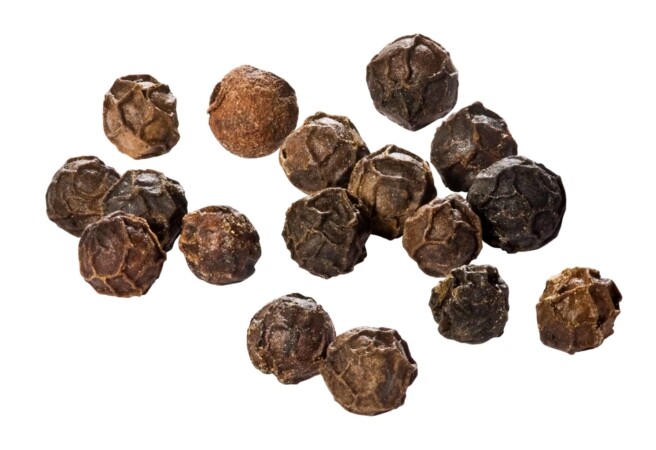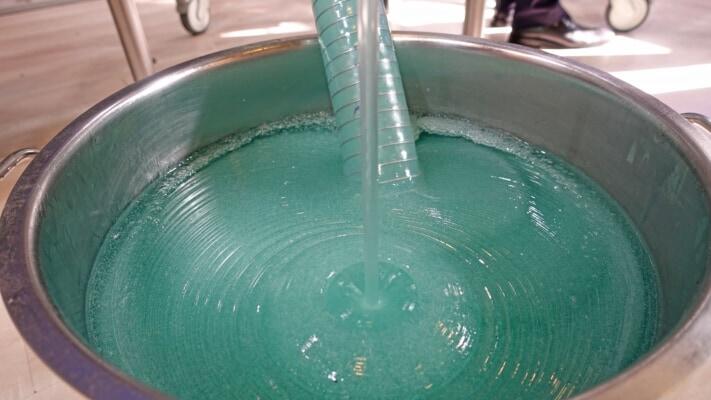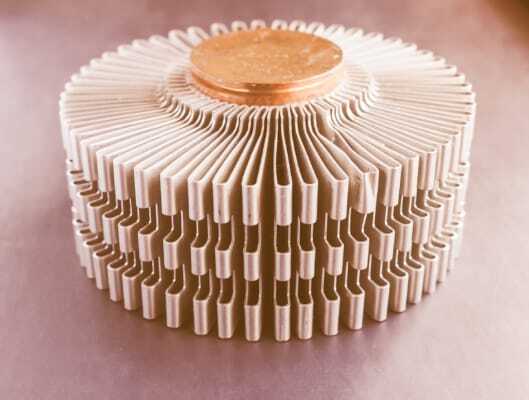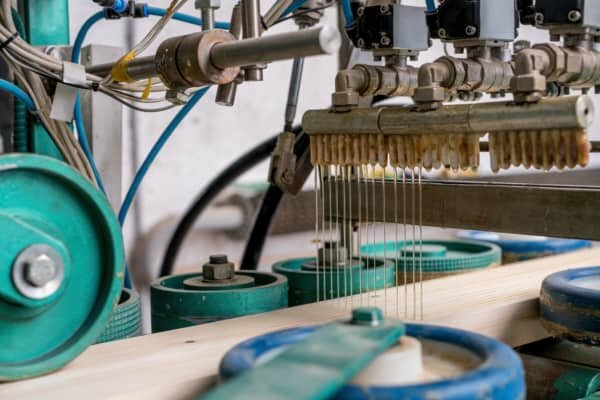PSA adhesives made of black pepper and castor oil

Renewable biological materials in PSA adhesives researched
Renewable biological raw materials that could be used in manufacturing pressure sensitive adhesives have been researched by POLYMAT Institute of University of Basque Country. The researchers have chosen a rather unlikely material couple to research the possibilities to increase renewables in PSA adhesives. However, the results indicate that the odd pair - black pepper and castor oil - may be far more interesting than the researchers initially had in mind: thanks to UV light.
Black pepper and castor oil make up a new polymer
A more well known contender, fatty acids, was ignored by the research team. This was due to the fact that the hydrophobic properties of fatty acids complicate the emulsion polymerization process. Instead they chose black pepper and castor oil; more precisely piperonyl found in black pepper and 2-octyl acrylate drawn from castor oil. These two raw materials are key players in producing pressure sensitive adhesives containing 71% renewable biological raw materials.
Reportedly the structure of piperonyl suggests that it is possible to turn this renewable biological material into piperonyl methacrylate in merely two steps. Already produced on an industrial scale, it can also be included in traditional production plants which already use emulsion polymerization.
UV light allows for manipulation of the PSA adhesives
The researchers report that when testing the black-pepper-castor-oil polymer and comparing it with other PSA materials, the results were positive. What the researchers did not expect was the effect of UV light. It seems the new polymer’s strength, shear resistance and adhesive properties could be modified by applying UV light. This means that the possibilities of this polymer are not limited to pressure sensitive adhesives, but the potential is increased far beyond.
What solution are you looking for?
We are specialized in the psa adhesives made of black pepper and castor oil. Need the best products or advice? Then please leave your details and we will get in touch.





